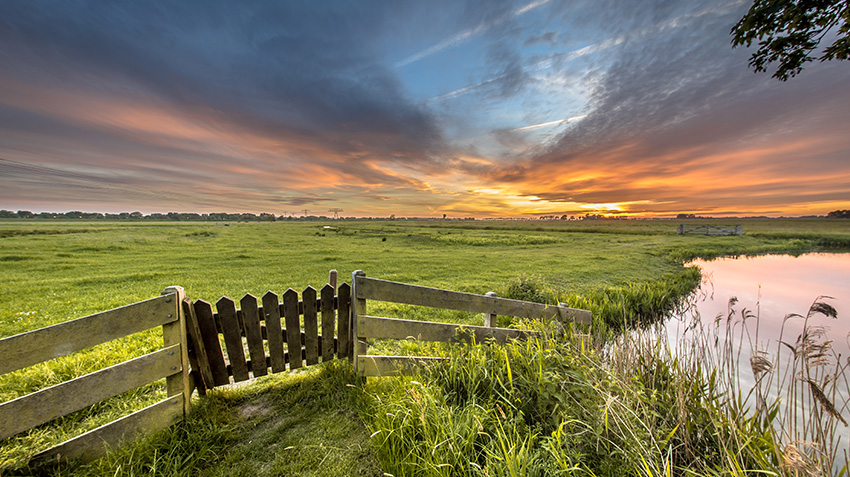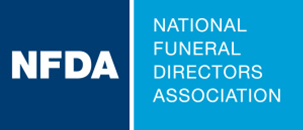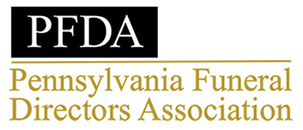
When it’s time to put a loved one to rest, you will be faced with the difficult decision of choosing between cremation and burial, if your loved one didn’t choose how they wanted to be laid to rest beforehand.
Back in 2023, the cremation rate was 60.6% and it’s estimated that this percentage will increase to 81.4%. However, if you’re not very familiar with the concept of cremation, you may feel hesitant about choosing it over burial. But this feeling is completely normal as going into the unknown when you’re overcome with grief can be a challenging situation.
If you’re not sure whether to choose cremation or burial for your loved one, this blog post will help you make your decision.
What are the main differences between cremation and burial?
The following are some of the differences between cremation and burial:
Cremation
Cremation involves burning the body of the deceased at a temperature of about 1400°F. Typically, cremation can take at least 1-3 hours, and an additional hour or two for the cooling stage.
After the cremation is complete, the remains of your loved one will be turned to ash which will be collected into a vessel called an urn. The urn can be one of your choosing or one the funeral home provides. Some funeral homes may offer custom urns if you wish to have a personalized urn for your loved one.
What you do with your loved one’s ashes is up to you and your family. You may choose to keep the ashes or scatter them at a place significant to your loved one, but if they have mentioned their preference in their will, that should be what you opt for.
However, in the case of a Catholic cremation, you may have to bury the urn or enter it in a columbarium. The average cost of cremation ranges between $4,000 and $7,000, depending on the type of cremation you choose.
Similar to a traditional funeral with burial, you can hold a funeral service for your loved one before the cremation. You may even choose to cremate your loved one directly, without any funeral proceedings, if that is what your loved one wished for.
Additionally, direct cremation may be a better option if finances are an issue as it would involve not holding any funeral services.
What is the process for cremation?
Here’s what you need to know about the cremation process:
1. Authorization
Before the cremation, you or another family member must sign a cremation authorization form. Usually, close family members, like parents, spouses, and children will be allowed to sign the form. If your loved one has many next of kin, they should all sign the form.
2. Permit
After the authorization form has been signed, you need to obtain a cremation permit from the state or county to allow the funeral home to do the cremation. The cost of the cremation permit varies by county and state but is usually priced between $15 and $40.
3. Waiting Time
In Pittsburgh, the remains cannot be cremated until 24 hours after your loved one’s passing. After the cremation is completed, you can receive the ashes in about 7-10 days.
Traditional Burial
Traditional burials involve burying the body of the deceased after the funeral service is finished. The typical cost of a traditional funeral with burial ranges from $7,000 to $12,000, which is more expensive than most cremations.
Unlike cremation, traditional burial will require you to choose a burial plot and a casket for your loved one. The casket can be one of the biggest expenses at any funeral, some costing between $2,500 to $5,000.
Meanwhile, the average cost for a burial plot can be a little over $3,500. This will vary depending on the size of the plot and the location.
What is the process for burial?
One of the first things you need to think about for a traditional burial is choosing the burial site within the cemetery grounds. This will also include picking the right headstone or grave marker for the burial site.
You will also need to choose an appropriate casket and some cemeteries may require you to use a burial vault as well. In the case of a Catholic cremation, you may need to follow this procedure if you want to bury your loved one’s urn.
In addition, your loved one’s remains will need to be embalmed if you want to have a funeral service before burial.
Frequently Asked Questions
Below are some commonly asked questions about our funeral services:
1. What is embalming and is it required?
Embalming is the process of preserving a body using chemicals. It is not always required but may be necessary for public viewings.
2. Are there religious restrictions on cremation?
Some religions have specific guidelines or restrictions regarding cremation. For example, Hinduism favors cremation, while Orthodox Judaism and Islam typically prohibit it.
3. Can a burial be pre-planned?
Yes, many people choose to pre-plan their burial to ensure their wishes are followed and to ease the financial burden on their families.
Between cremation and burial, which is right for you?
Choosing between cremation or burial comes down to several factors, including your loved one’s wishes, your financial situation, and religious and cultural customs. For some individuals, the idea of cremation may seem extreme, so speak with your family members to see if they’re alright with cremating a loved one.
If you want to get more insight into the differences between cremation and burial, you can reach out to a professional cremation services provider. They will guide you through each process and help you understand the benefits that both methods can offer. Get in touch with a funeral home in your area today.



